After the six-month secondment from 3D Research to Oceanus Lab in 2022, Fabrizio Fuoco held a presentation of achieved results and knowledge shared during his period in Patras (Greece), in the context of documentation and promotion of Underwater Cultural Heritage (UCH) at XXI INQUA Congress, in Rome from 12th to 20th July 2023 (https://inquaroma2023.org/), during Session 43 – Millennial paleo-landscape reconstruction of coastal areas, from field data to modelling approaches.
The work “Application of acoustical and optical techniques in Underwater Cultural Heritage sites: Ancient Aegina Harbour” was carried out synergistically by Fabrizio, with the Oceanus Lab’s team, and consists of the realisation of the real-sized virtual environment and the palaeo-geographical reconstruction of the ancient submerged harbour complex of the Aegina island in Greece, one of the pilot sites of the TECTONIC Project.
By applying a data fusion process that combined acoustic surveys, ROV data and historical-literary sources, the area has been transformed into an explorable geo-referred virtual scene.
This cutting-edge simulation allows to explore the underwater environment and showcases the site in both its present state of preservation and its original form. The paleo-geographic reconstruction sheds light on its dual purpose, serving as both a defensive structure, damaging enemy ships, and a breakwater.
Benefiting from the expertise of 3D Research in Virtual Reality and 3D reconstructions, and the full knowledge about acoustic mapping and marine geology matter of the Oceanus Lab, was possible to transform the data obtained from a multi-sensors survey bringing them to a new scope: the promotion and diffusion of the knowledge, providing valuable insights into the submerged site’s historical and cultural significance and its role in maritime defence.
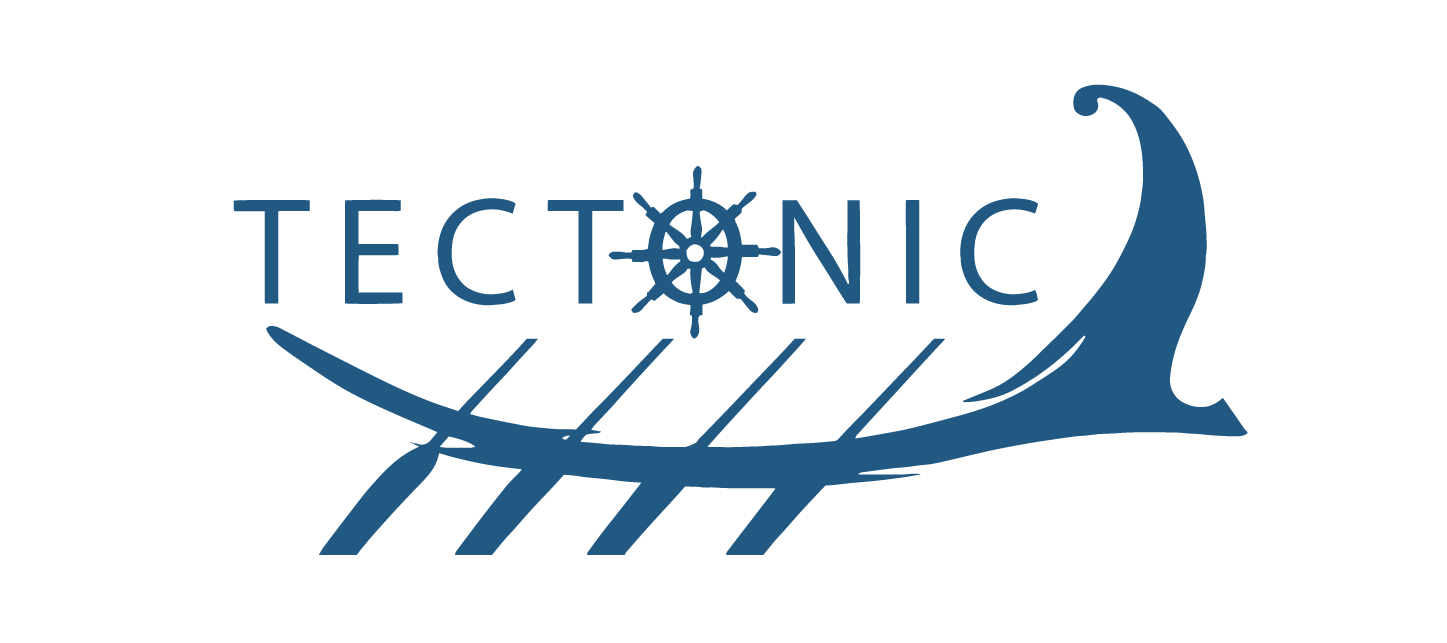
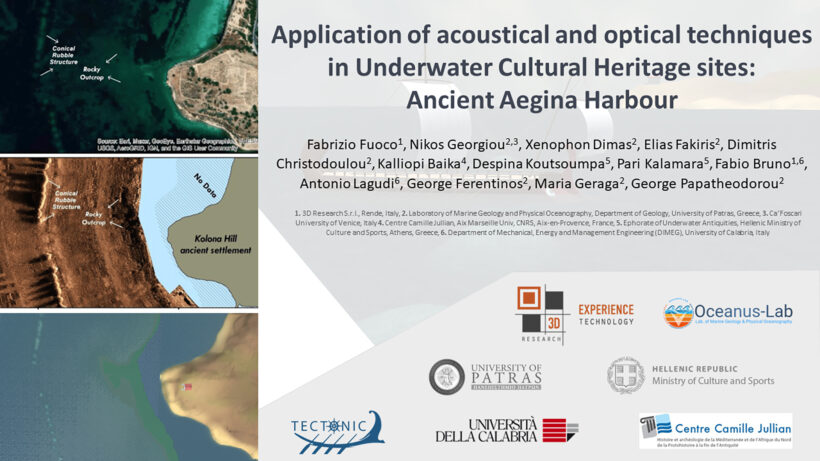
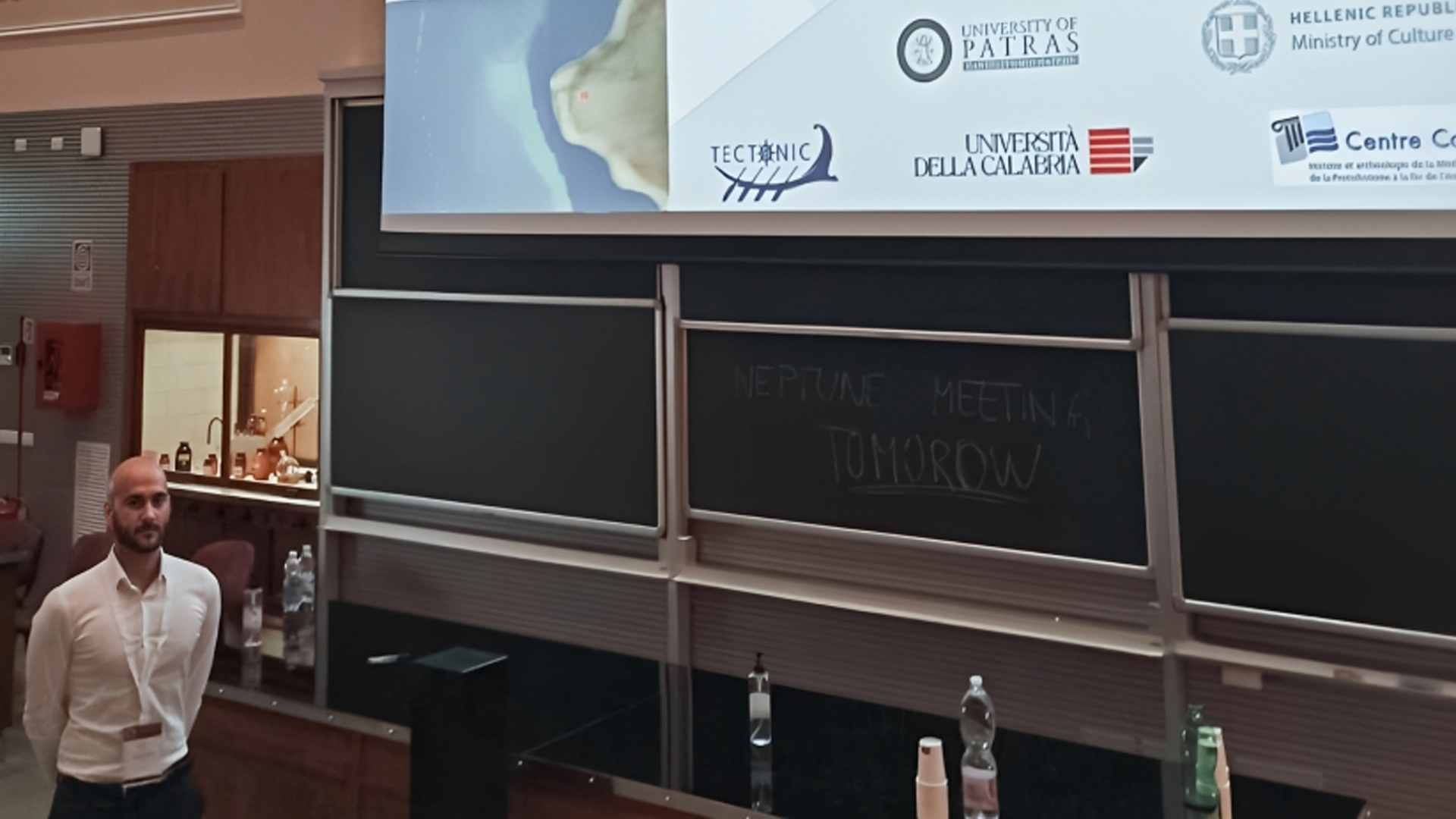
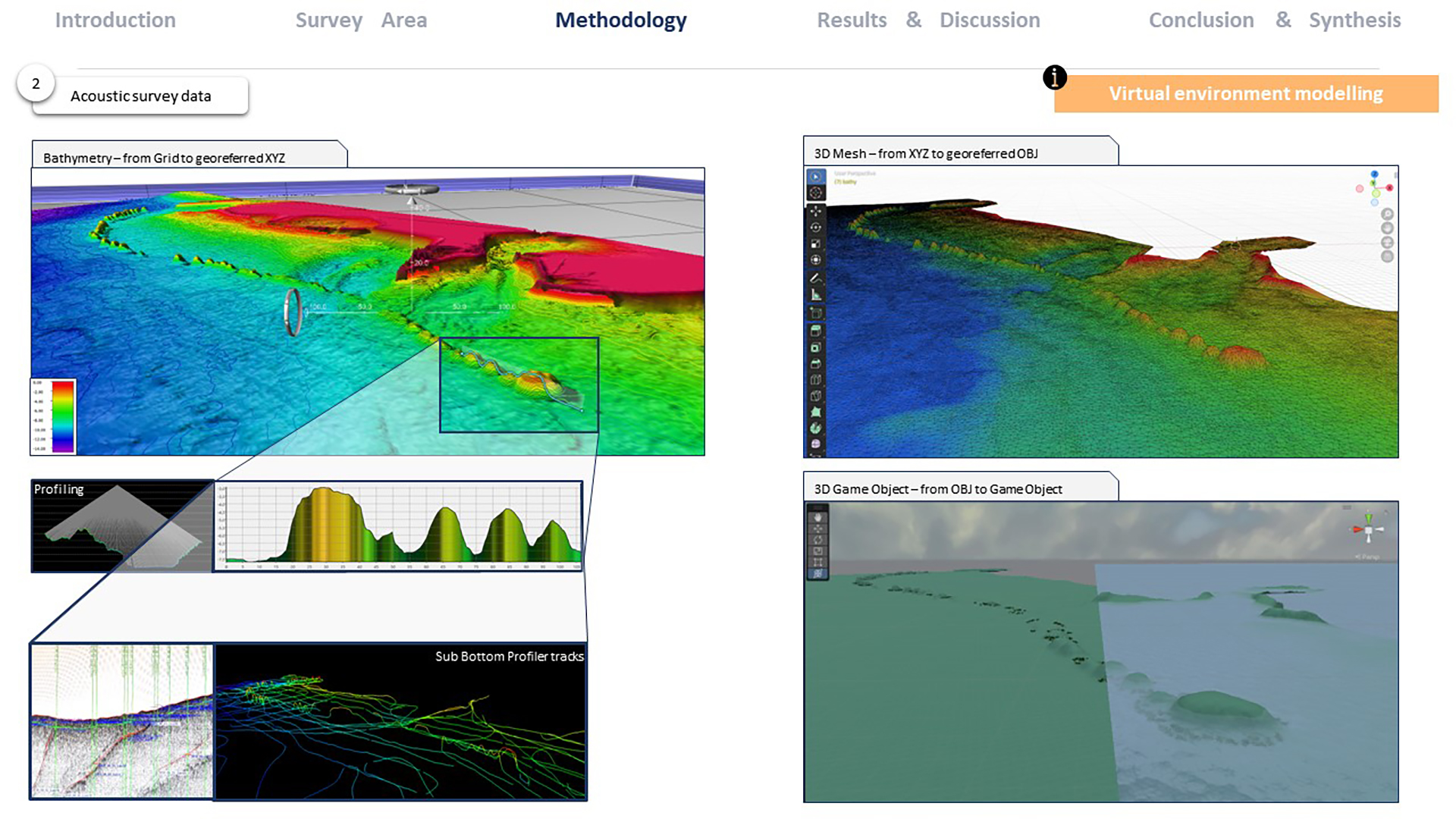
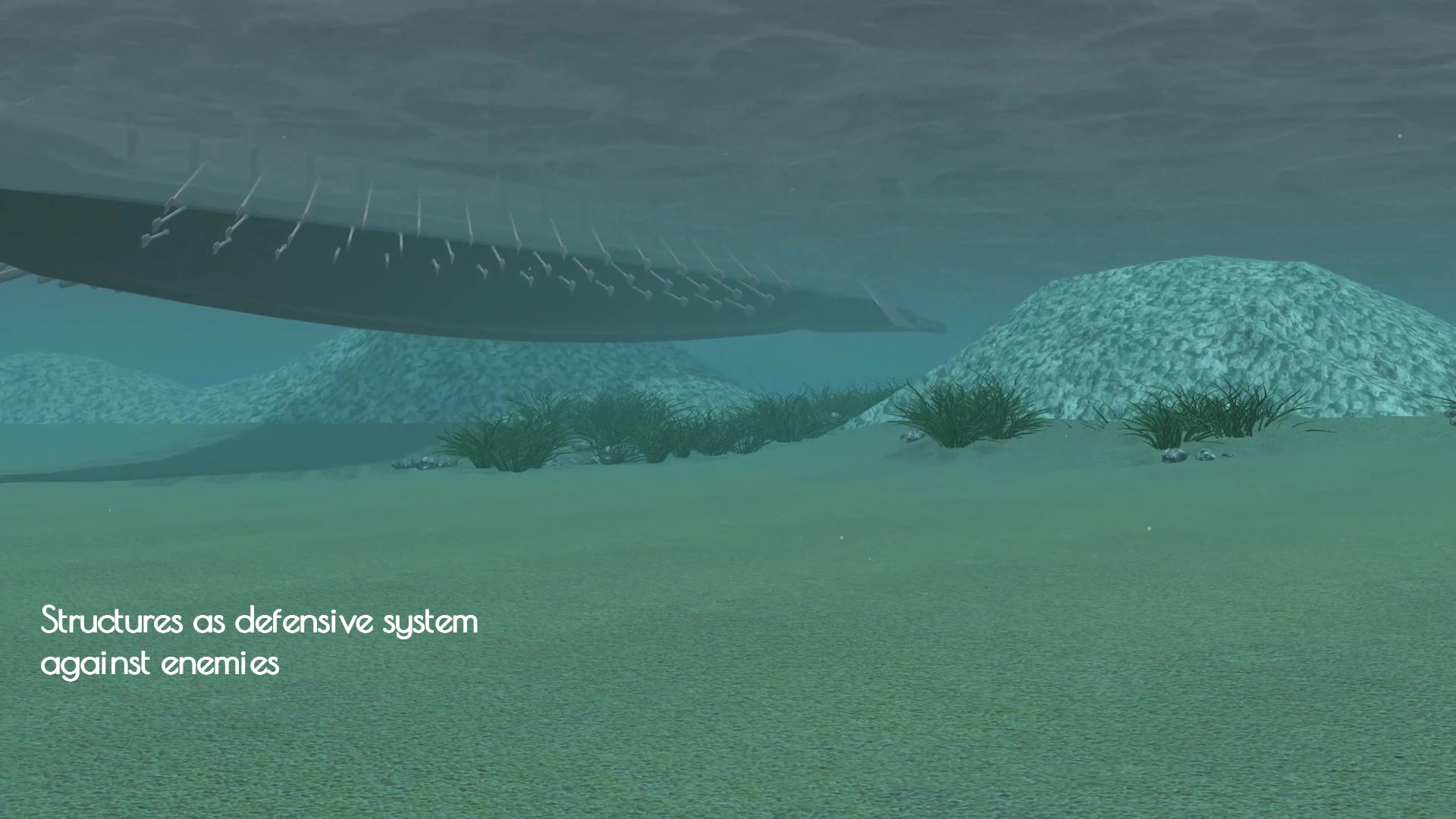
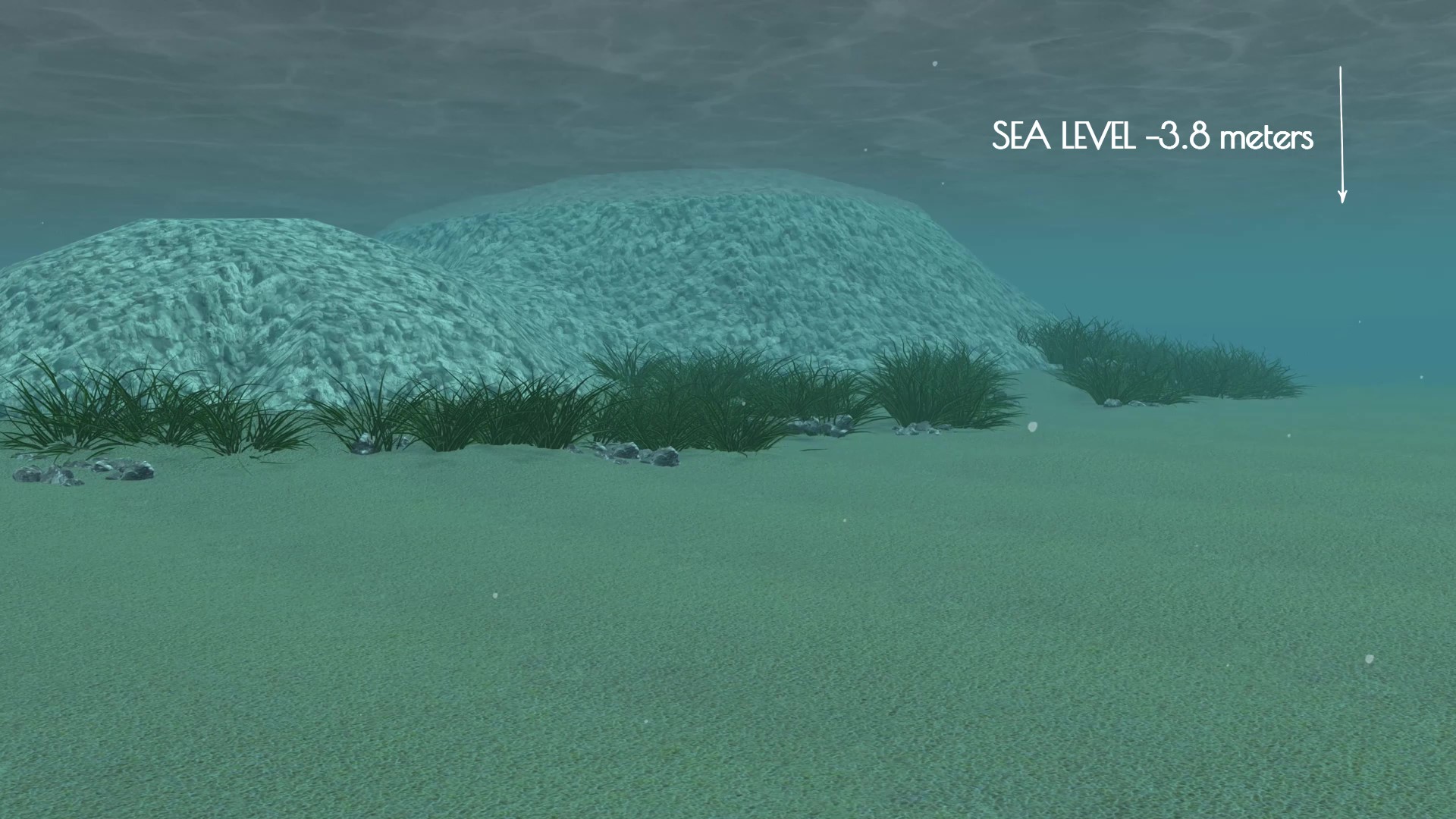
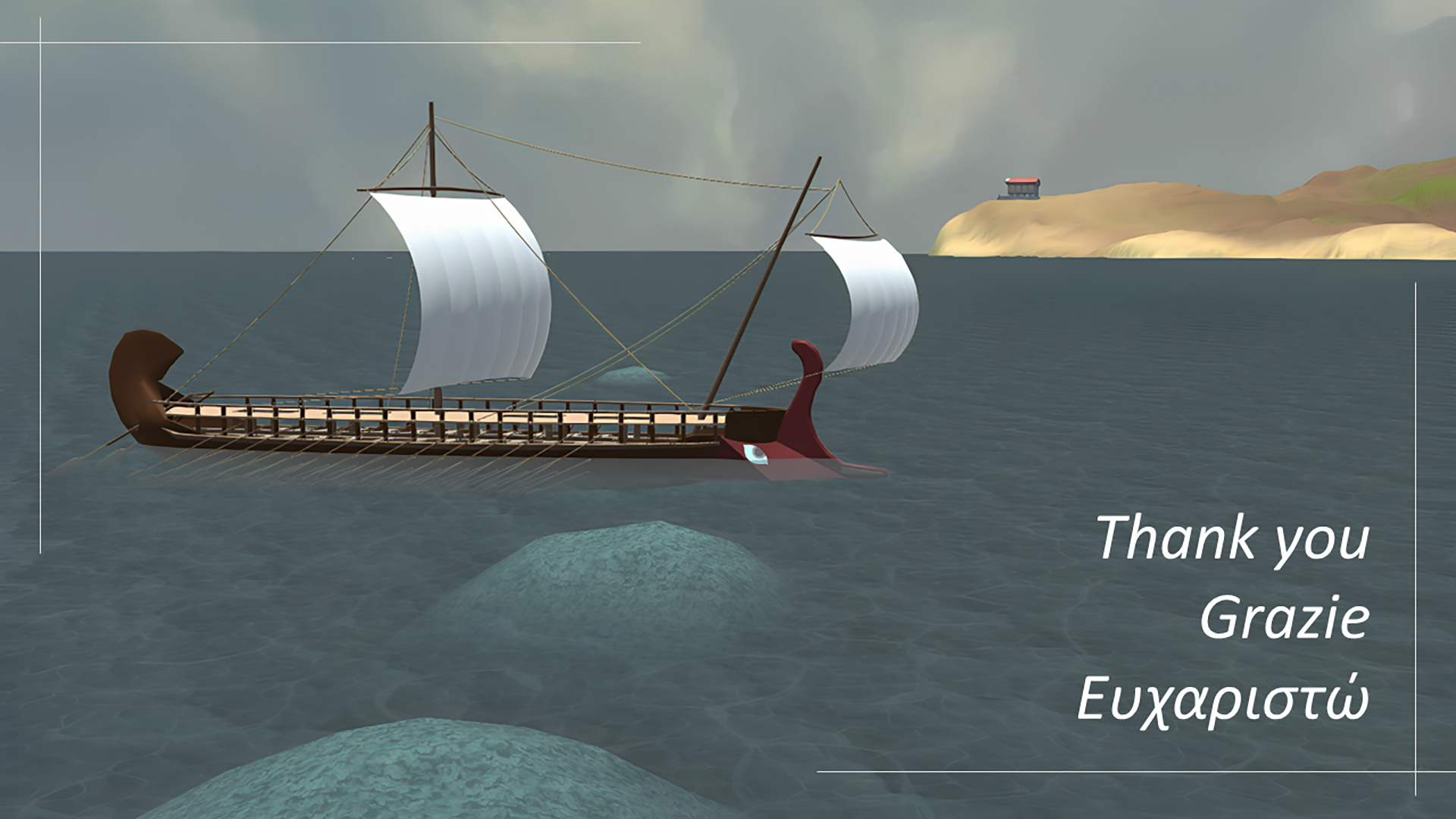
Leave a Reply